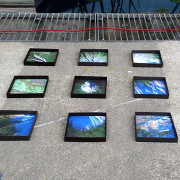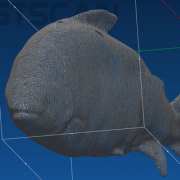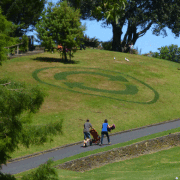SCANZ 2013: An integral theory analysis of barriers to an ecologically sustainable civilization
Author: DonnaWillard-Moore
Abstract
John Sterman observes in his book Business Dynamics: Systems Thinking and Modeling for a Complex World, (2000) that:
“The environmental sustainability problem has proven difficult to solve. The modern environmental movement has attempted to solve the problem in a large variety of ways. But little progress has been made, as shown by severe ecological footprint overshoot and lack of sufficient progress on the climate change problem. Something within the human system (is) preventing change to a sustainable mode(s) of behavior.” (pp. 5-10.)
Sterman has framed the issue in terms of human behavior; thus, recognizing a deeper barrier to creating a sustainable civilization. Is the issue actually ecological or environmental in scope or is it psychological?
Integral theory developed out of psychology, recognizing the AQAL framework developed by Ken Wilber and the ‘Spiral Dynamics’ of Don Beck and Christopher Cowen. These authors focused on the human psychological, cultural, and physical systems in a developmental sequence. It is through an integral analysis of these different worldview perspectives and their interactions that a new insight on ecological issues becomes apparent. Integral theory suggests that many viewpoints in relationship to each other is a better description of what we see in the world and therefore, a greater source of potential solutions to the ecological environmental problems.
The issues of creating a ecologically sustainable civilization is from integral theory awareness, a first tier to second tier developmental and psychological transition. This transformation currently underway is a change of ethics, cultural goals, as well as, a goal of technological development that focuses on a ecologically sustainable civilization.





